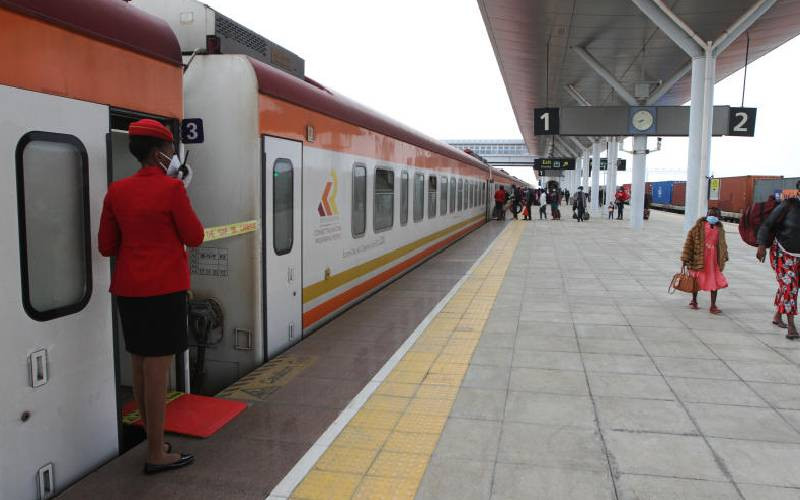×
The Standard e-Paper
Smart Minds Choose Us
By Wachira Kigotho
The Education Minister Prof Sam Ongeri has put the 8-4-4 system of education on the chopping board. But there is no evidence that his team of experts will soon find quick solutions that would make schools work and deliver good quality education to Kenyans.







